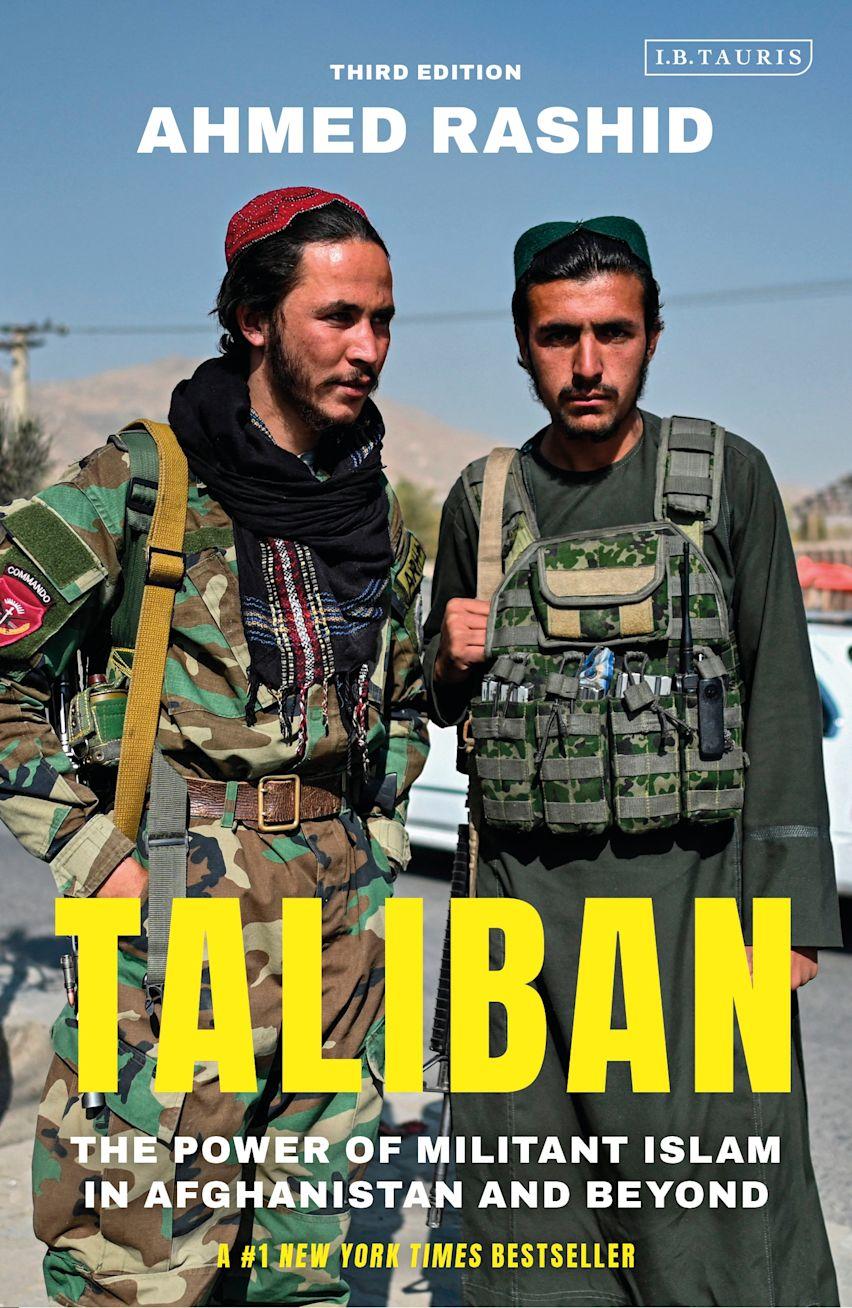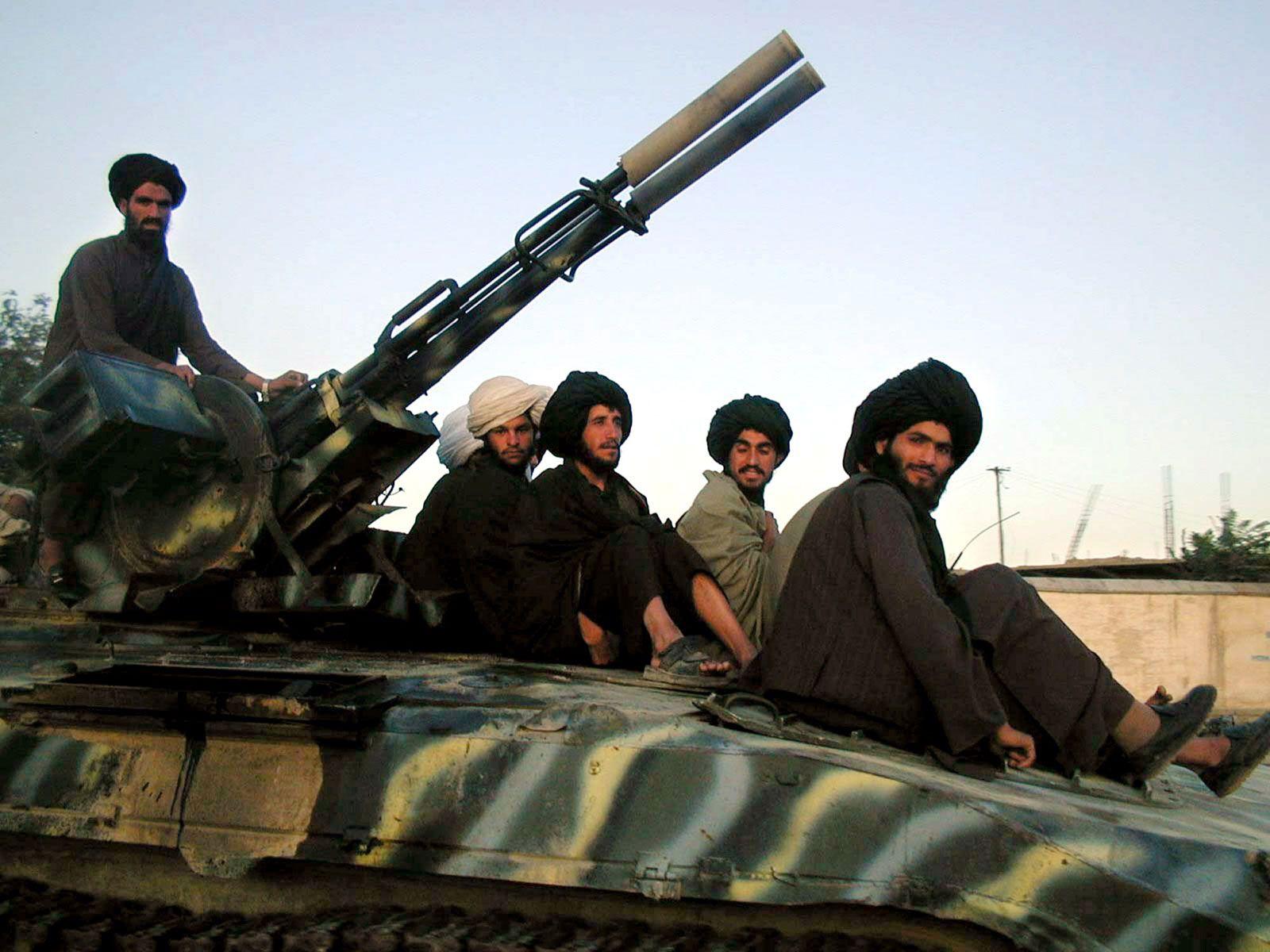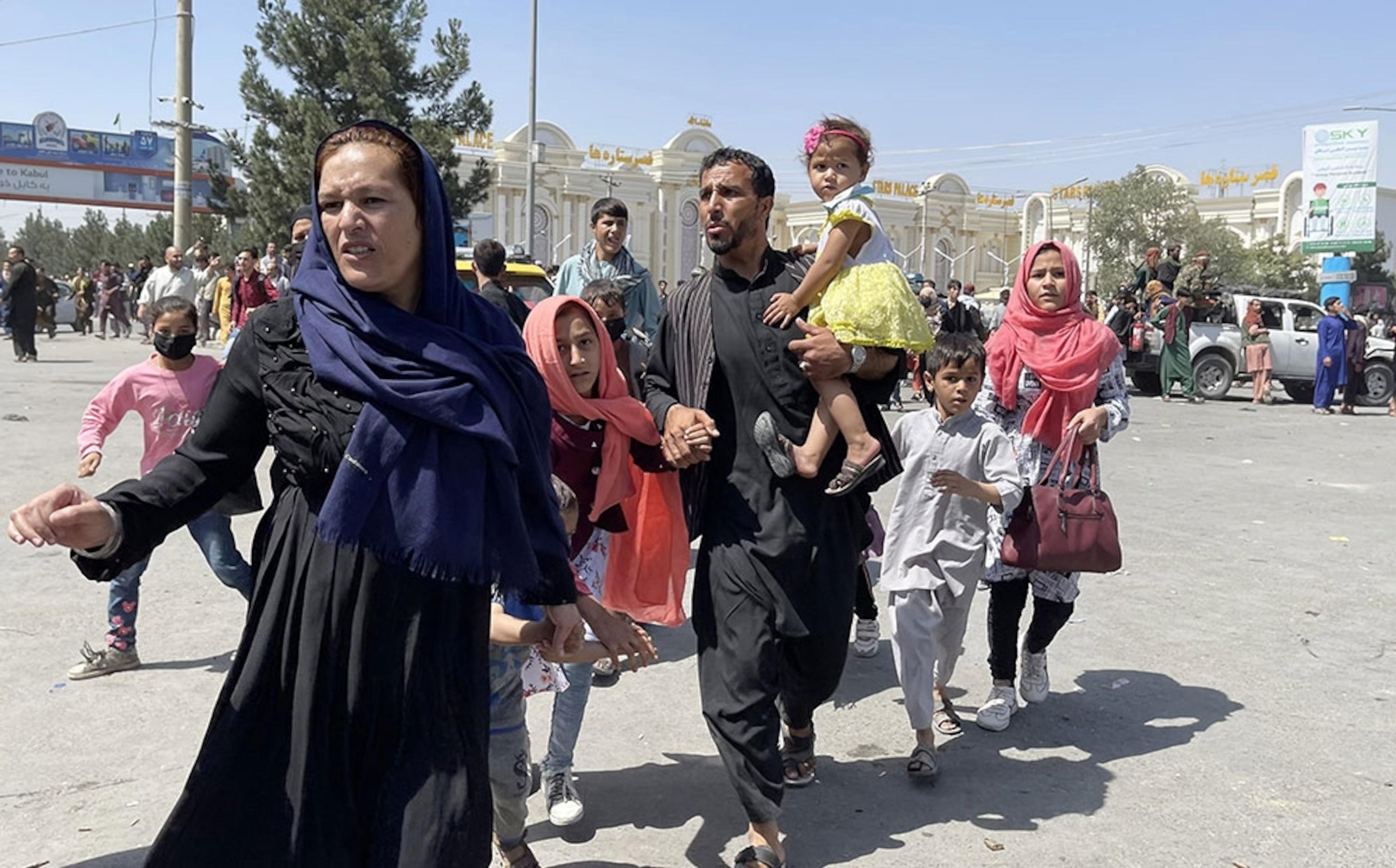Afghan Taliban Claims Casualties Among Pakistani troops Amid Border Tensions
the ongoing tensions along the Pakistan-afghanistan border have escalated dramatically, with the Afghan Taliban recently claiming that their forces have inflicted casualties on Pakistani troops. According to statements released by Taliban spokespeople, these incidents are described as “retaliatory” actions in response to what they characterize as unprovoked attacks from the Pakistani side. This assertion has further deepened the rift between the two nations, raising concerns about the potential for broader military confrontations.
The Taliban’s claims point to a series of confrontations that have led to notable military movements on both sides. Key points from their reports include:
- Increased Flare-ups: Multiple skirmishes have been reported in disputed border areas, intensifying fears of a prolonged conflict.
- Casualty Figures: the Taliban alleges that several Pakistani soldiers have been killed, although these claims have not been independently verified by international observers.
- Political Implications: the ongoing violence is complicating diplomatic relations at a time when both countries are navigating a complex regional landscape.

Analyzing the implications of Recent Cross-Border Clashes on Regional Stability
The recent declaration by the Afghan Taliban regarding the deaths of Pakistani troops during alleged ‘retaliatory’ border attacks has escalated tensions between the two countries. This incident highlights a pattern of violence that threatens to undermine the delicate equilibrium in a region already grappling with numerous challenges. Stakeholders are increasingly concerned about the implications of these clashes, notably:
- Increased Military Presence: Both nations may bolster their military capabilities along the border, risking a cycle of retaliatory violence.
- Refugee Crisis: Escalating confrontations could force civilians to flee, intensifying existing humanitarian issues.
- Political Ramifications: Domestic unrest may arise as governments respond to the narrative of national security, possibly undermining diplomatic relations.
- Regional Alliances: The involvement of regional powers could lead to shifts in alliances, altering the geopolitical landscape.
These border incidents are not merely isolated events; they represent a broader struggle for control adn influence in an area that is pivotal for trade and security dynamics. Analysts are closely monitoring how both governments will navigate this precarious situation, notably with regards to:
- Negotiation Strategies: Diplomatic efforts may become more strained, with both sides hardening their stances.
- International Response: Global reactions will play a crucial role, as external powers may push for conflict resolution or take sides.
- Long-term Stability: The prospects of lasting peace in South Asia may hinge on how these immediate tensions are addressed.

Diplomatic Channels: Necessity for Dialogue to Prevent Escalation of Conflict
The recent escalation of tensions along the Afghanistan-Pakistan border highlights the urgent need for diplomatic dialogue to mitigate the risk of further violence.After the Afghan Taliban reported that Pakistani troops were killed in what they termed “retaliatory” attacks, the prospects for peace in the region appear increasingly fragile. Both nations must recognise that fostering a channel for communication could help avert a downward spiral into conflict. Engaging in open discussions can pave the way for addressing mutual grievances and enhancing stability across this volatile frontier.
To effectively prevent the escalation of hostilities, several strategic measures should be considered:
- Establish a bilateral communication platform: A dedicated forum where representatives from both governments can engage regularly.
- Create conflict resolution mechanisms: Establish processes to address incidents before they spiral out of control in the heat of the moment.
- Involve third-party mediators: Neutral entities can facilitate dialogue and provide unbiased perspectives to ease tensions.
Through these approaches, Afghanistan and Pakistan can work towards de-escalation, ensuring that military encounters do not prematurely fuel deeper conflicts, but rather lay the groundwork for long-term peace and cooperation.

Recommendations for Pakistan and Afghanistan to Foster peaceful Border Relations
To advance peaceful relations along the border between Pakistan and Afghanistan, both nations must prioritize comprehensive dialogue and diplomatic engagement. Building trust and understanding can be cultivated through regular meetings between goverment officials and military leaders from both sides. This includes:
- Establishing communication channels: Create dedicated hotlines for each side to communicate during border incidents, reducing misunderstandings and preventing escalation.
- Joint border patrols: Facilitate joint operations to monitor and manage border security, engaging local communities to foster a collaborative spirit.
- Community engagement initiatives: Develop cross-border programs that promote cultural exchanges, trade cooperation, and humanitarian efforts to unite local populations.
In addition to dialogue, economic cooperation is essential for achieving long-lasting peace. By mutually benefiting from shared economic interests, Pakistan and Afghanistan can encourage stability in border regions. Key strategies might include:
- Trade partnerships: Establish and enhance trade routes that help local businesses thrive, fostering interdependence and compliance with border regulations.
- Infrastructure development: Collaborate on projects that improve transportation and communication between the two countries, which can lead to more streamlined border operations.
- Support for local economies: Invest in initiatives that empower border communities economically, thereby diminishing the socioeconomic factors that contribute to conflict.
